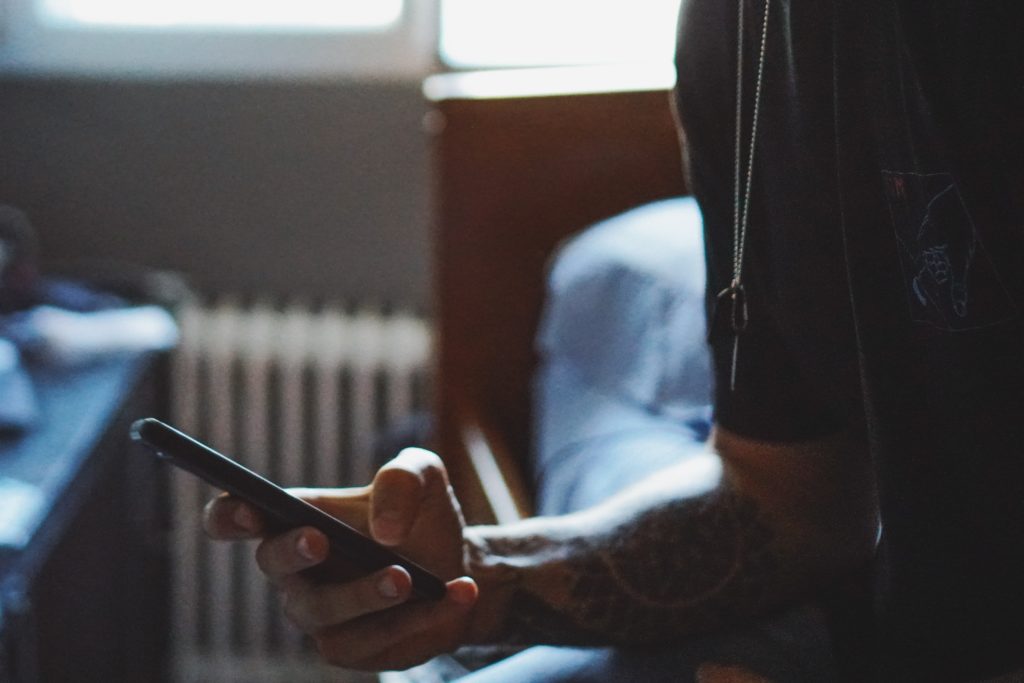Are electronics before bed interfering with your sleep?
Using electronics for bed may not be the relaxing activity you think it is. Find out why this simple activity could be preventing you from getting a good nights’ sleep.

If you take electronic devices into the bedroom, you’re not alone. A recent survey by the Sleep Health Foundation found that up to 45% of people use electronics before bed time. However, this simple act could be doing you a disservice if you’re looking to sleep well.
Blue light suppresses melatonin
The main problem about using electronics before bed is the blue light emitted from the device can prevent your body-clock from working properly. Melatonin is a hormone that plays an important role in our sleep-wake cycle, especially as it helps us get to sleep. Naturally, levels of melatonin are higher at night. However, blue light from electronic devices suppresses the production of melatonin, making it harder for us to fall asleep and stay asleep.
Electronics before bed stimulates the brain
Another problem with electronics before bed is the stimulating effect it has on the brain. Many people think it’s harmless to attend to a few emails before bed, or do a quick check on their social media feed. But this can make it hard to relax and settle down for sleep — especially if you’ve read a stressful email, or have been having an online discussion with friends.
Electronics can wake you
Even if you’re not using your electronic devices before going to bed, having them in the same room at night can disturb your sleep. Email notifications, calendar reminders or incoming text messages can all chime and ding. Not to mention your screen lighting up every time one of them comes in. If you must have your device in your bedroom, switch it to airplane mode (your alarm will still go off), and place your device face-down.
Switch electronics off to relax
Experts recommend a 1-2 hour buffer of electronic-free time before bed, and engaging in more traditional ways of relaxing such as reading, listening to relaxing music or taking a bath. This is particularly important for children, many of whom relax at night by playing electronic games.
Other ways you can prepare yourself for sleep include:
- Avoiding difficult conversations or arguments
- Writing to-do lists for the next day (you won’t think about what you have to do when you’re in bed)
- Relaxing with a herbal tea
- Deep breathing or meditation. Avoid strenuous exercise in the lead-up to bedtime as this can over-stimulate you.
Sleep in comfort
Another sure-fire way to ensure you get a good night’s sleep is to make sure your room is quiet, dark and at the right temperature. You should also make sure that the mattress you sleep on is supportive and meets your needs. At BedGuard, we have a wide range of mattresses to suit everyone, including bariatric and waterproof mattresses. Browse our range online, or call and speak to one of our friendly staff.





